China to Allow ‘Protest Lite’
Taking cues from past Olympic protests and the U.S.'s notoriously ironic "free speech zones," the Chinese government has declared its openness to dissidents criticizing the state -- so long as dissent is contained in one of three areas, does not threaten vague notions of national unity, and is submitted five days beforehand to the local security bureau.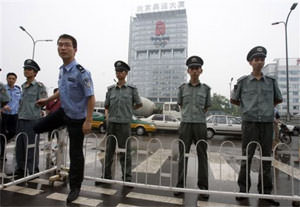
Taking cues from past Olympic protests and the U.S.’s notoriously ironic “free speech zones,” the Chinese government has declared its openness to dissidents criticizing the state — so long as dissent is contained in one of three areas, does not threaten vague notions of national unity, and is submitted five days beforehand to the local security bureau.
Your support matters…The New York Times:
Beijing will permit public protests inside three designated city parks during next month’s Olympic Games, but demonstrators must first obtain permits from local police and also abide by Chinese laws that usually make it nearly impossible to legally picket over politically charged issues, the authorities announced Wednesday.
The arrangement marks a break from normal practice in China’s authoritarian political system and seems loosely modeled on the protest zones created at previous Olympic Games and at many recent international political gatherings that attract large numbers of protesters.
But it remained unclear whether international advocacy groups on issues like Tibet, Darfur and broader human rights would be able to secure the bureaucratic approvals needed to use the protest zones and whether they would be arrested if they held demonstrations elsewhere in Beijing.
Independent journalism is under threat and overshadowed by heavily funded mainstream media.
You can help level the playing field. Become a member.
Your tax-deductible contribution keeps us digging beneath the headlines to give you thought-provoking, investigative reporting and analysis that unearths what's really happening- without compromise.
Give today to support our courageous, independent journalists.
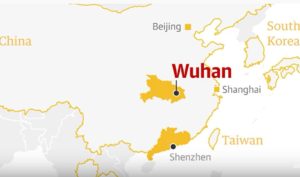
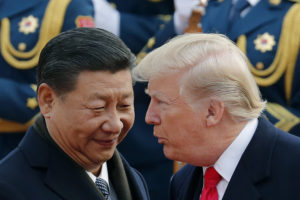
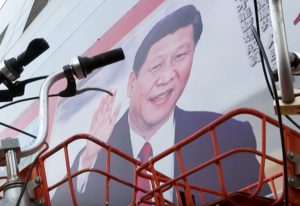
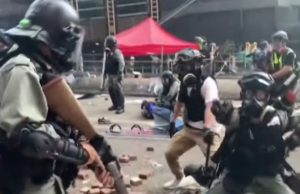


You need to be a supporter to comment.
There are currently no responses to this article.
Be the first to respond.